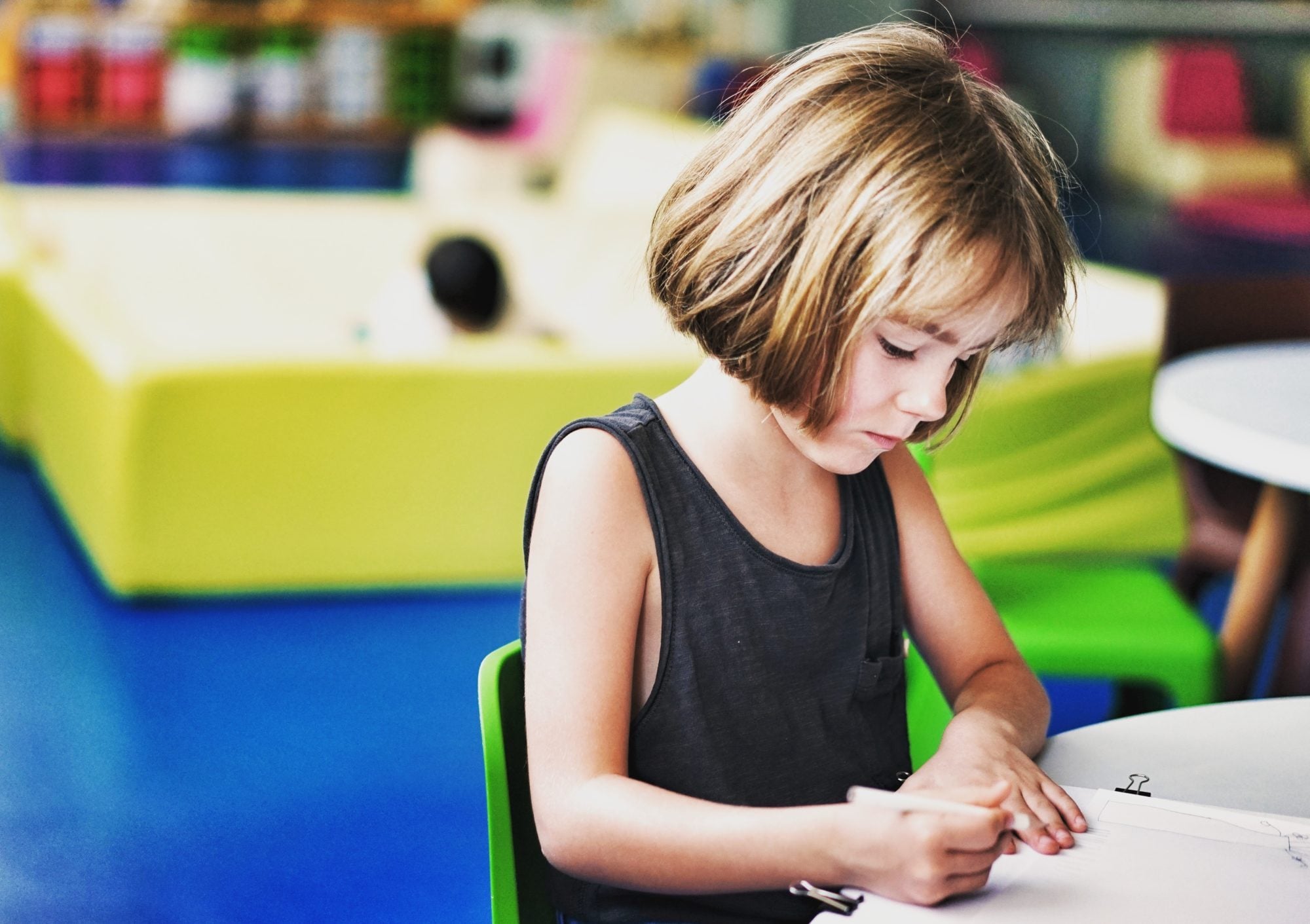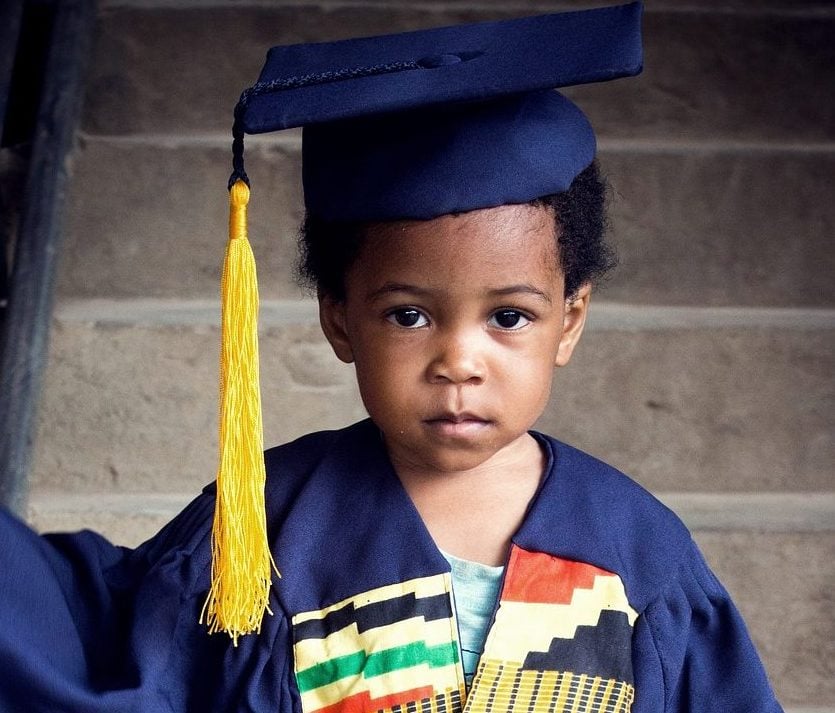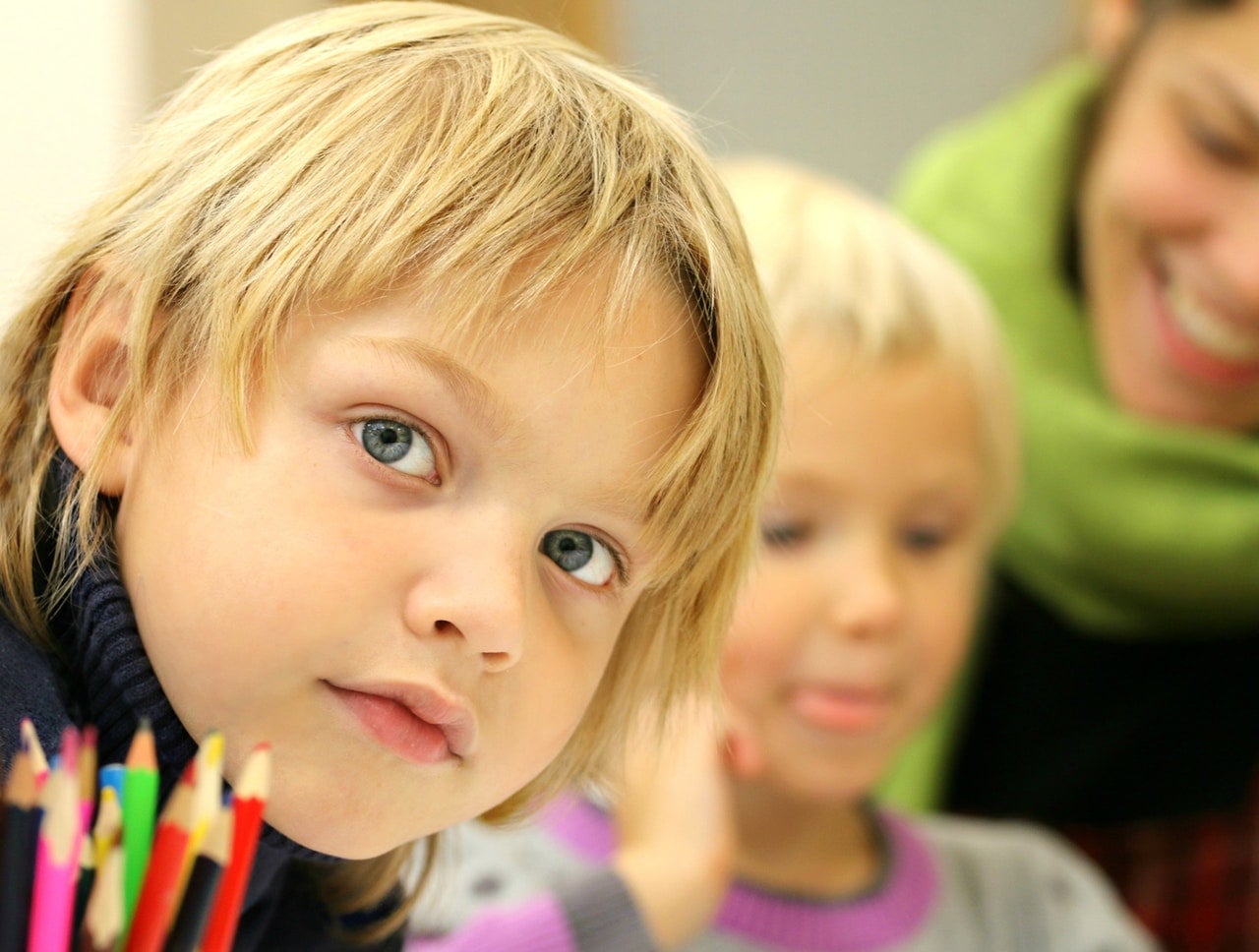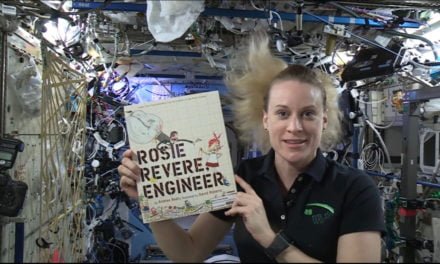Who do you want your child to be? I’m not talking about a profession. It doesn’t matter if they’re a firefighter, a social worker or a tiger tamer. I mean, who do you want your child to be? Do you want them to be kind, self-assured, well-rounded, capable, strong?
Obviously, it’s the sort of thing parents think about. Interestingly, teachers have these conversations about your child’s future too, and you might be very surprised at what they say.
Santa Maria College recently conducted a forum with staff on this topic. 101 teachers were asked, “What qualities do you want every student to have on graduation?” The teachers were given no prompts and no categories or words to choose from, which makes the clustering of responses even more interesting.
You would expect that teachers would talk about promising career prospects, high results or a love of particular subjects. That’s not the case. So what do teachers want for kids?
1. Self Confidence
By far the most often used terms in the forum were ‘self-confidence’’ and ‘high self-esteem’. Teachers want kids to believe in themselves and their place in the world.
For an educator, a child with high self-esteem is a child who is open to learning. They have enough self-belief to take calculated risks and learn from their mistakes. They see failure as a stepping stone in the learning process and life.
Follow up research into the beliefs of parents shows that parents are equally as invested in their kids’ self-confidence. However, interestingly, when students were asked, self-confidence did not come up at all. Could it be they don’t believe it is an area of concern? Or are we adults blessed with the benefit of hindsight. Perhaps we think, ‘If only we’d all believed more strongly in ourselves. Who might we have become?’

2. Resilience
Resilience is the ability to bounce back when things go wrong. When something bad happens, when we get hurt, or when faced with a serious challenge, a resilient person recovers fairly easily. Resiliency is linked to general wellbeing and happiness, so it’s very important.
Teachers are concerned about the resiliency levels of the children in their care. Probably because teachers are often in situations where they see things going wrong for kids. Schools are big communities with unique dynamics. Teachers see the arguments between friends, the struggles with tests and assignments and the problems many kids have with day to day challenges and disappointments. Teachers recognise the need for heavy investment in resilience training.
3. Values
Santa Maria College is a Catholic school so it is little surprise that values education is high on the agenda of teachers. However, what was also clear was that teachers linked these values to behaviour such as community service and social awareness. They want students to live their values.
Obviously values education is not particular to private schools. The Australian Curriculum is underpinned by seven General Capabilities. One of them is Ethical Understandings. Teachers are asked to foster “the development of ‘personal values and attributes such as honesty, resilience, empathy and respect for others’, and the capacity to act with ethical integrity”.
4. Independence/Empowerment
Santa Maria College Principal Jennifer Oaten says, “Empowerment is, developing in our students the strength and confidence to make decisions, solve problems for themselves and to see themselves as valuable members of their communities.”
Both teachers and students agreed that this is an area that schools should be focussing on. In fact, the surveyed students identified these as the qualities they most wanted to achieve by the time they graduated. That’s good news for us because it means they are motivated to learn.

5. Social Awareness/Global Citizenship
The people who are teaching your children want to help create responsible custodians of the planet and all its inhabitants. It can’t help but make you feel optimistic. Teachers are also supported by school curriculum that demands kids be exposed to a wide range of social and cultural perspectives.
The vast majority of our young people are terrific. They are socially aware and show the benefits of being the first generation to be brought up in a completely connected world. The internet and social media make that possible. It is the challenge of parents and teachers to guide that connection and help kids discern what is useful information and contact and what isn’t.
6. Life skills
Life skills or ‘soft skills’ include those that don’t appear in technical manuals or in higher education courses. They are the intangible qualities that make a person attractive to employers, like communication skills, organisation, teamwork, grit, problem-solving etc. These skills are also valuable because they help make life easier. They facilitate good relationships, lower stress levels and better self-management.
Although it is very difficult to directly teach soft skills, teachers and parents can provide opportunities for students to develop them. By setting open-ended tasks and allowing children to problem-solve for themselves, and occasionally allowing them to fail, we are on the right path. We can also model soft skills for kids in our own home and work lives.
7. A Love of Learning/Thinkers
“Teachers have three loves: a love of learning, a love of learners and a love of bringing those first two loves together.” Scott Hayden
The era of students having to rote learn facts is coming to an end. Thank goodness. We have every fact known to mankind on our trusty device. Schools are now tasked with teaching kids to problem solve, innovate and create. Teachers want kids to be thinkers.
Teachers by nature love learning. They wouldn’t be in the education industry if they didn’t. It is natural that teachers would want to pass onto kids the thing that brings them joy…their love of learning. If every child encounters a teacher who is able to reach them in just the way that inspires this love of learning, then we as a society will be richer in so many ways.
Visit Linda’s Facebook page here






